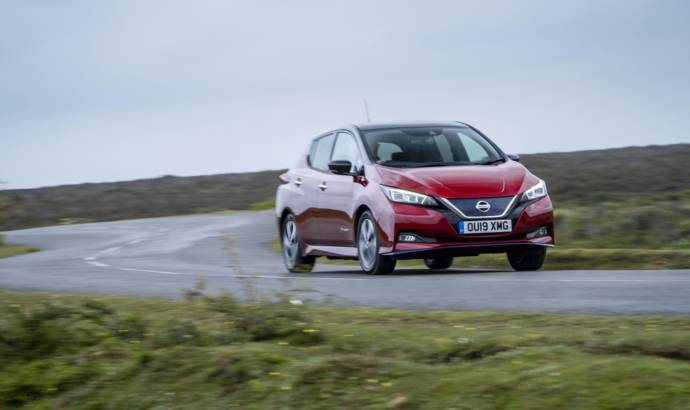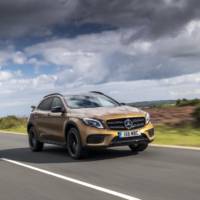In order to remain the best sold electric car in the world, Nissan Leaf needs to offer some improvements in range and power. The new range-topping MY19 Nissan LEAF e+ sits at the pinnacle of the LEAF range, featuring advanced Nissan Intelligent Mobility technology to deliver 217PS of performance and up to 239 miles of zero-emissions driving.
Prices for the new range-topping Nissan LEAF e+ Tekna start from £35,895, including the £3,500 Government Grant.
High-performance lithium-ion batteries are a key component of Nissan electric vehicles (EVs). Lightweight and compact, and coupled with high capacity energy storage and excellent reliability, Nissan’s battery technology is continuously evolving to exceed customer needs and expectations.
With the Nissan LEAF e+, the newly-developed 62kWh battery pack offers 55% more capacity and approximately 25% improvement in energy density while retaining a similar shape and size to the 40kWh LEAF battery pack; all without compromising the vehicle’s exterior design and interior space. Other than a 5-millimetre increase in the car’s overall height (based on 16-inch wheels), the car’s dimensions are unchanged.
This has given the LEAF e+ a significantly increased driving range of up to 239 miles (WLTP combined mode) on a single battery charge. Maximum power output and torque have been also improved to an impressive 217PS and 340 Nm, respectively, delivering more powerful acceleration performance.
With the more powerful motor, acceleration from 50mph to 75mph is nearly 13% quicker. This allows the LEAF e+ to confidently pass slower-moving vehicles, exit corners faster and merge seamlessly with fast-moving traffic. The top speed (98 mph) has also increased from the 40kWh version by approximately 10%.
While the previous battery pack modules composed of eight laminated-structure cells, the new Nissan LEAF e+ uses a new battery module design that allows for cell modules to vary in number. The new battery module uses an innovative laser welding technique on the cell joints to reduce the overall length of the module. At the same time, by changing the number of lamination layers of the cell, an optimal module height that matches the shape of the vehicle can be achieved.
All new LEAF versions come as standard with Nissan’s new NissanConnect infotainment system, with larger 8 inch touchscreen.
Features include Apple CarPlay and AndroidAuto allowing for seamless smartphone connectivity. Customers also benefit from an upgraded navigation system, which features TomTom LIVE premium traffic and route optimisation, as well as the inbuilt Online Map Update facility and Chargers Location functionality.



